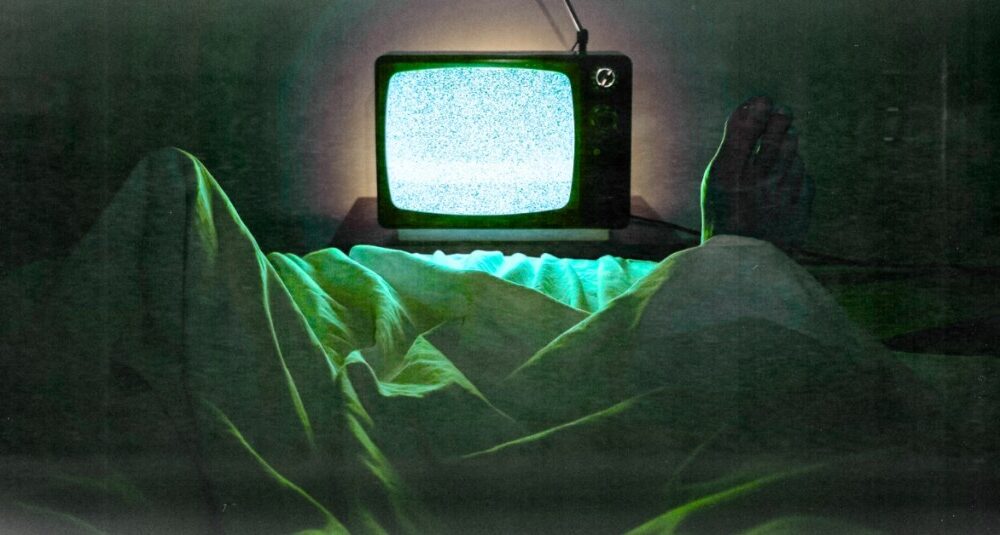Research indicates that the human brain is not optimally designed for activity after midnight, leading to increased impulsivity and risky decision-making. According to a growing body of evidence, including insights from Harvard neurologist Elizabeth Klerman, the brain’s chemistry undergoes significant changes during the night, affecting its functionality.
In a 2022 interview, Klerman emphasized the importance of studying this phenomenon further. “There are millions of people who are awake in the middle of the night, and there’s fairly good evidence that their brain is not functioning as well as it does during the day,” she stated. This underscores the potential negative impact of nighttime wakefulness on mental health.
Circadian Rhythms and Nighttime Functionality
The concept of circadian rhythms plays a crucial role in understanding why our brains struggle after dark. These internal clocks regulate various bodily functions, including sleep, hormones, and mood. During daylight hours, the brain is geared towards reward processing, cooperation, and focused thinking. However, as night falls, these systems shift into survival mode, heightening alertness to threats and amplifying negative emotions—an evolutionary adaptation from times when nighttime posed significant dangers.
This shift can have serious repercussions for modern life. Research indicates that individuals are more prone to engage in binge-eating, substance use, or self-destructive behaviors during late-night hours. A notable study found that the risk of suicide triples between midnight and 6 a.m., a period when reasoning and impulse control are significantly impaired. The authors of this study noted that for some, the idea of suicide can emerge as a desperate escape from overwhelming loneliness and pain.
The Consequences of Sleep Deprivation
After midnight, the brain may also distort perceptions, leading to behaviors such as excessive online shopping, engaging in fruitless arguments, or obsessively scrolling through social media. Without adequate sleep, emotions tend to become exaggerated, with minor thoughts escalating into significant worries.
Research from Harvard University and the Massachusetts General Research Institute suggests that this line of inquiry could alter our understanding of numerous issues, including insomnia and substance use. For those who must work night shifts—such as nurses, pilots, and warehouse workers—their brains might be functioning in a compromised state for extended periods.
The recommendation for individuals who find themselves awake during these late hours is straightforward: refrain from making important decisions. Experts advise engaging in simple activities such as eating a snack, reaching out to a friend, or prioritizing sleep. While the mind may navigate the dark hours, it is clear that it is not inherently equipped to thrive in them.







